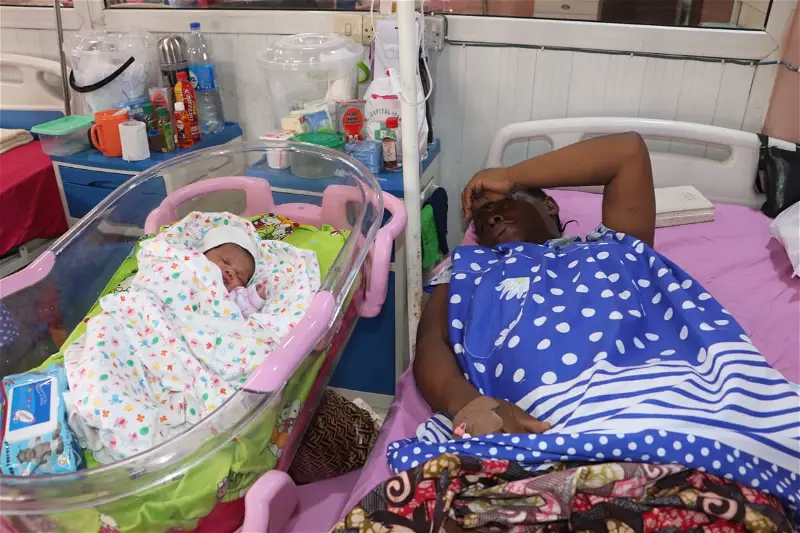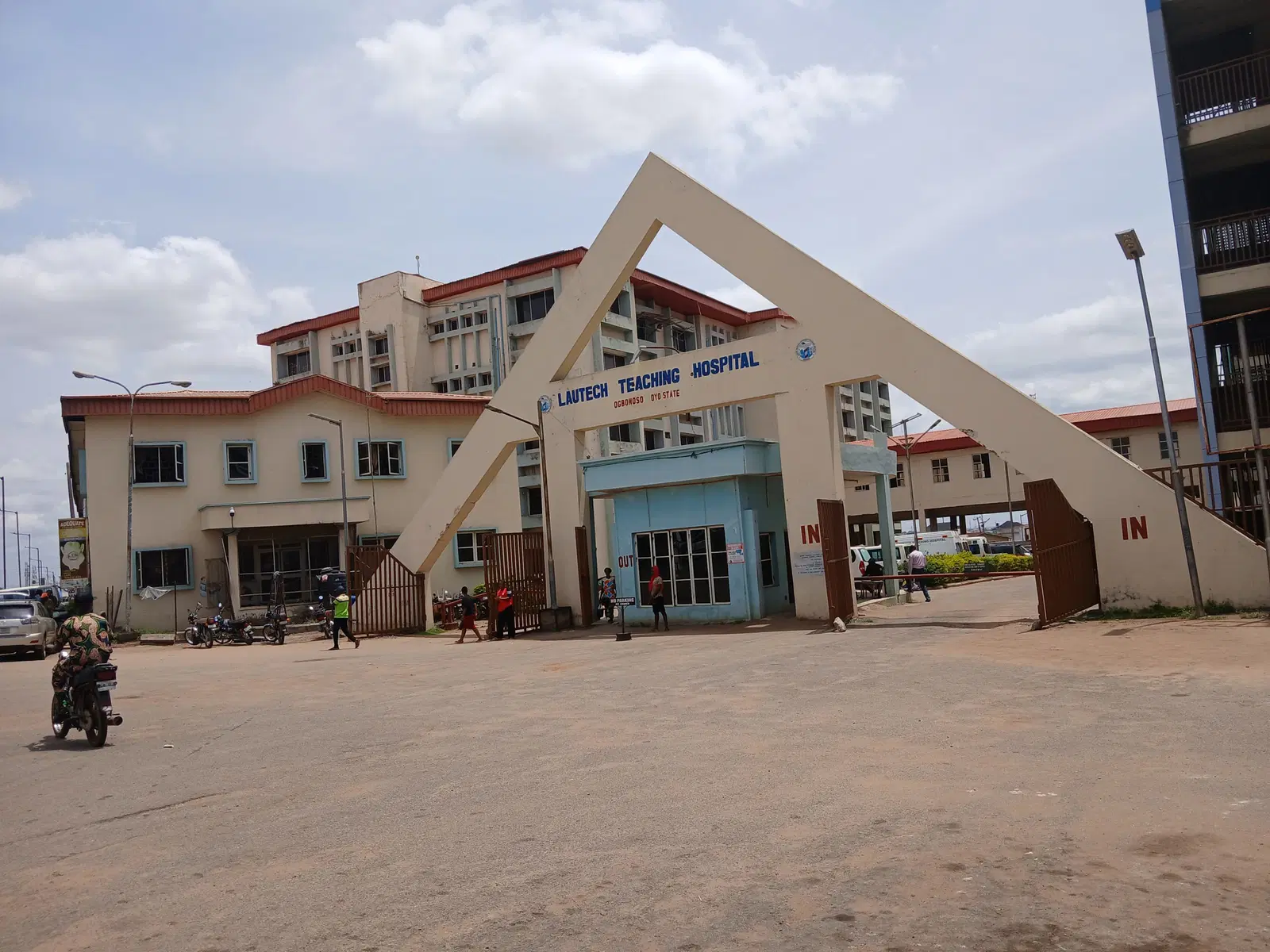The World Health Organisation (WHO) Member States have approved a 20 per cent increase in assessed contributions as they endorsed the organisation’s 2026 to 2027 budget of $4.2 billion.
In a statement released on Tuesday, the World Health Organization (WHO) announced a 20 per cent increase in its funding, highlighting that this development comes at a time when many governments are grappling with financial constraints and economic challenges. The increase reflects the strong commitment of Member States to global health solidarity and the essential role WHO plays in international health.
WHO Director-General Dr. Tedros Adhanom Ghebreyesus, along with other senior officials, expressed appreciation to Member States for their continued support and collaboration.
Dr. Tedros described the increased funding as a powerful vote of confidence in WHO’s mission and in Member States’ shared commitment to global health security and resilience. He noted that historically low and unpredictable funding levels have hampered the organization’s ability to implement long-term initiatives and sustain its global health operations.
He further explained that WHO’s transformation initiative, launched in 2017, identified the organization’s heavy dependence on a limited group of traditional donors as one of its key financial challenges.
According to Dr. Tedros, WHO Member States took a significant step in 2022 by agreeing to gradually increase their assessed contributions. The goal is to ensure that by the 2030–2031 budget cycle, these contributions will account for 50 per cent of WHO’s core budget.
The statement also revealed that the WHO’s initially approved programme budget for 2026–2027 was reduced by 22 per cent—from $5.3 billion to $4.2 billion—due to financial constraints.
The newly approved base programme budget of $4.2 billion for the 2026–2027 period marks a milestone, as it is the first budget fully developed under WHO’s Fourteenth General Programme of Work (GPW 14), which outlines its global health strategy from 2025 to 2028.
Dr. Tedros added that during the 2020–2021 biennium, assessed contributions made up just 16 per cent of WHO’s approved programme budget. While WHO’s efforts to secure sustainable funding began several years ago, recent shifts in the global financial landscape have made financial stability more crucial than ever.








